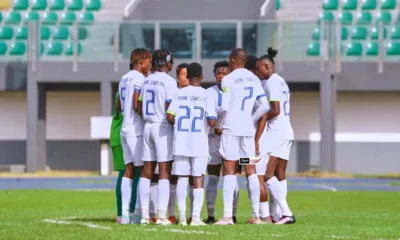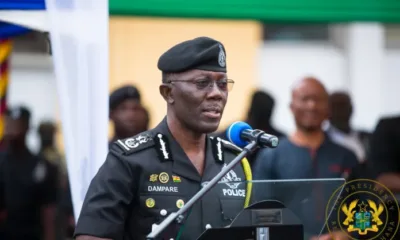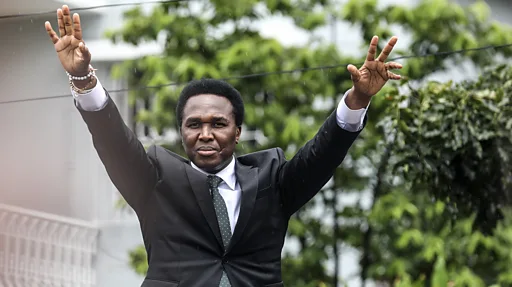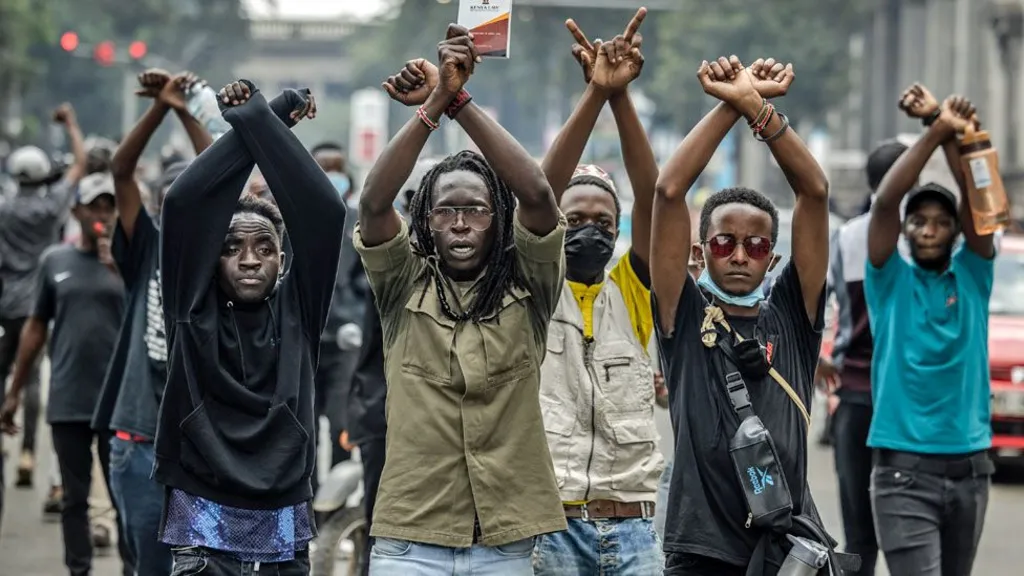Chad’s government has said security forces had thwarted an alleged effort to destabilise the country on Wednesday night, after a group of people attacked the presidential palace in the capital, N’Djamena.
“An attempt at destabilisation has been foiled. Nineteen people died and six were injured, including 18 assailants and one soldier,” Foreign Minister Abderaman Koulamallah told state TV.
He added that 24 individuals armed with knives, rather than guns, had attacked the guards around the presidential palace.
Calm has now returned to N’Djamena.
Earlier, sources close to the government had said clashes had occurred between security forces and “terrorist elements”. But Koulamallah described the attack as a “disordered and incomprehensible attempt”.
“They stabbed four guards, killing one and seriously injuring two others. A fourth guard was also injured, but his life is not in danger,” the minister added.
He said that the attackers managed to penetrate a short distance into the premises of the presidency before being neutralised by security forces.
“I arrived on the scene shortly after the shooting, and I was impressed by the military deployment. We have a very good army, and the Chadians can sleep soundly. Our country is well guarded,” he said.
Six people have been arrested in connection with the attack but the minister did not give any specific information about those who had carried out the assault saying that there now needed to be an investigation.
Following the incident on Wednesday, tanks were seen in the area and all roads leading to the palace were closed, the AFP news agency reported.
Chad is a landlocked country in northern-central Africa which, since gaining independence from France in 1960, has seen frequent periods of instability and fighting, most recently between government forces and those of Islamist group Boko Haram.
It is led by President Mahamat Déby, who was installed by the military in 2021 after his father, Idriss Déby, was killed in a battle with rebel forces after 30 years in power.
Wedensday’s incident came just hours after a visit to the former French territory by China’s Foreign Minister, Wang Yi, who met Déby and other senior officials.
Late last month, Chad held a set of parliamentary elections that the government touted as the first step in a transition from military to civilian rule.
Opposition groups, however, urged their supporters to boycott the vote over concerns about voter fraud.
Chad previously hosted a French military base, which France used to provide logistical and intelligence support to Chad’s army as well as take part in regional counter-terrorism operations.
In November, it ended its defence co-operation agreement with France, a move that Koulamallah said would allow Chad to “assert its full sovereignty”.
Chad is also part of a region stretching across Africa that has become known as the Coup Belt following a succession of military coups since 2020, including in Mali, Niger, Burkina Faso and Sudan. —BBC
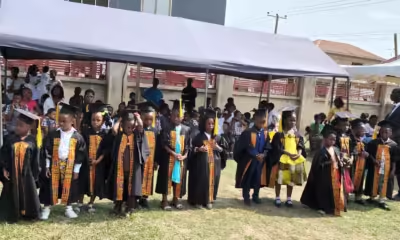
 News5 months ago
News5 months ago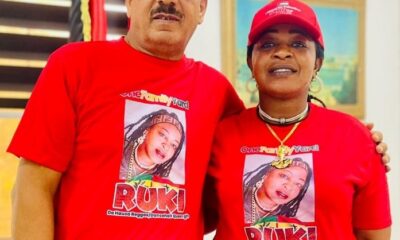
 Entertainment6 months ago
Entertainment6 months ago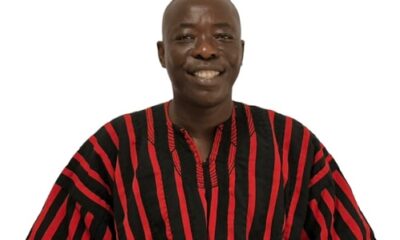
 News6 months ago
News6 months ago
 Entertainment6 months ago
Entertainment6 months ago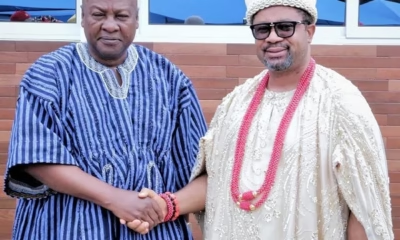
 News1 month ago
News1 month ago
 Tech6 months ago
Tech6 months ago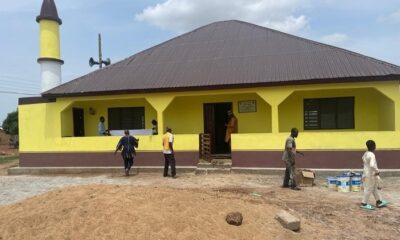
 News6 months ago
News6 months ago
 News6 months ago
News6 months ago



